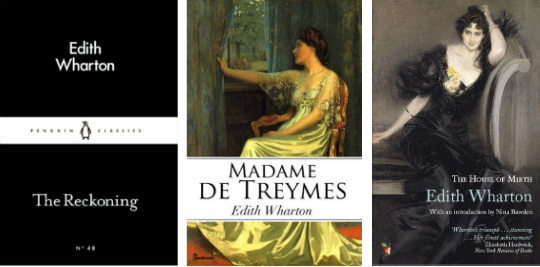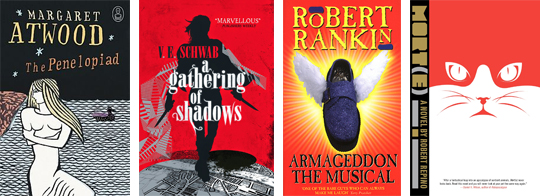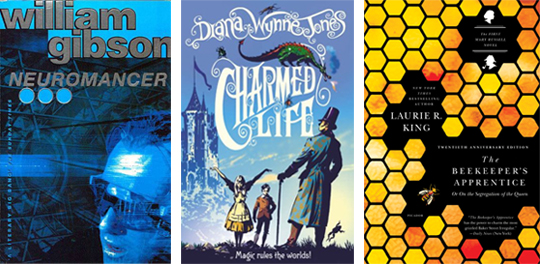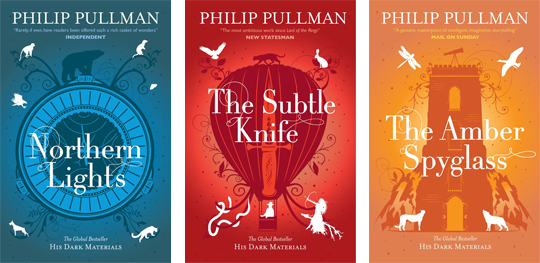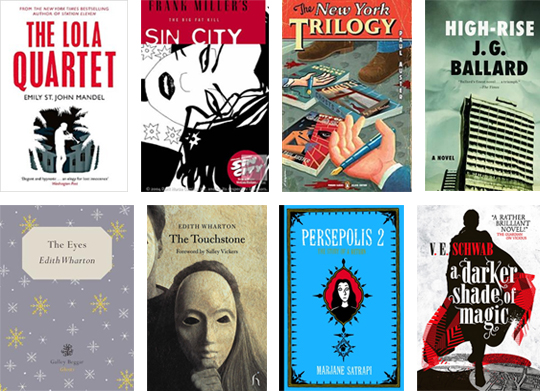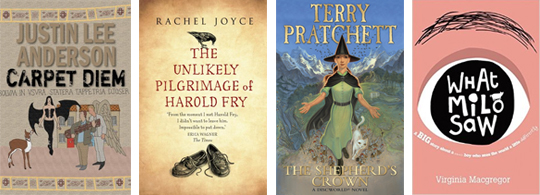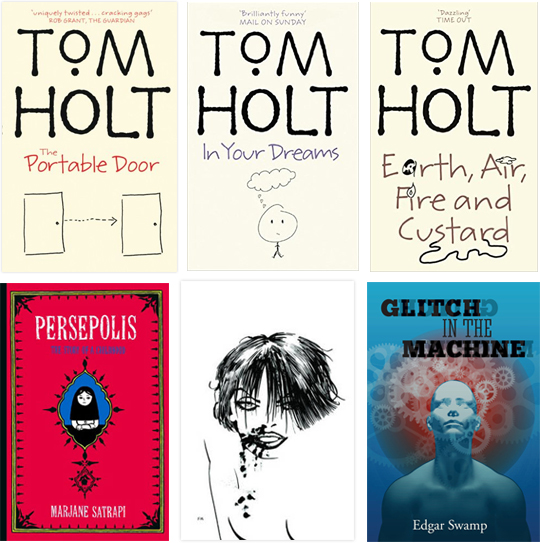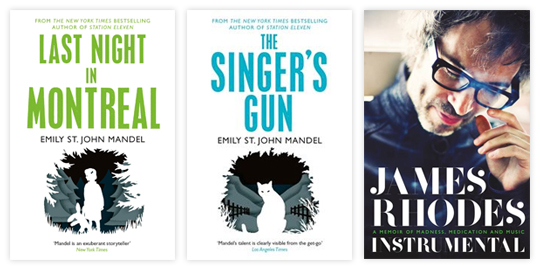I wish that was the title of an actual book! This headline sums up my reading in February: More Sherlock Holmes & Mary Russell mysteries, and more Ballard. I was already hooked on him after reading The Drowned World [review] and High Rise [review] last year, but Hello America has finally catapulted him right to the top of my favourite authors shelf.
Beautiful Apocalypse, by the way, is a song from the latest Kamelot album, Haven – the best metal album of the past year with a gloriously dystopian concept running through it.
But back to books: Here’s the February bookshelf.
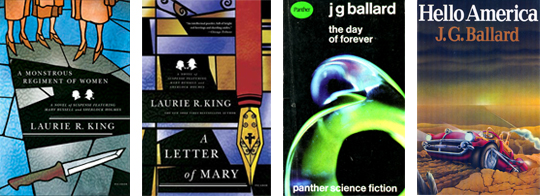
A Monstrous Regiment of Women (Mary Russell #2) by Laurie R. King
As I mentioned recently, I was converted from sceptic to fan within a few pages of the first Mary Russell book [review] so of course I dived straight into the second volume. While the first book was collection of different cases, which saw Mary learning the ropes, this book is focused on one case: Mary gets drawn into a religious/feminist/political cult led by a charismatic but mysterious woman. When a few too many members fall victim to deadly accidents just weeks after changing their wills to benefit their “church”, Mary suspects that not all is as godly as it seems, and soon find her own life in danger. I enjoyed this even more than the first book because the case is more coherent, creating a pretty exciting page-turner. Mary has become a proficient detective in her own right while building an ambitious academic career in Oxford, which makes her so much more than Sherlock’s sidekick. I’m starting to think, actually, that Holmes is becoming the sidekick in this series – and I have to say I like it!
Pens: 4 out of 5
A Letter of Mary by Laurie R. King
An old archaeologist friend of Mary’s from the first book returns from Palestine with an ancient scroll that may or may not be a letter from Mary Magdalene that could turn Christianity on its head, and is promptly murdered in London. Mary and Holmes, now happily married after their awkward courtship during the second book, go undercover to investigate the potential suspects. For Mary, this means posing as a helpless and naive secretary in the house of a predatory, misogynist colonel and his equally repulsive son. The transformation Mary has to undergo, both in appearance and in character, as she assumes this role really keeps this book going. The attention to detail that King puts into the creation of Mary’s alter ego easily lives up to any disguise Doyle ever came up with for the original Sherlock, and Mary’s internal struggle to stay in character – in which she succeeds brilliantly – prove her to be more than an equal match for the great detective himself. Otherwise, this book drags on a little bit and is probably the weakest in the series so far, but by now Holmes, Russell and their world have become so familiar that the lack of excitement is made up for by the comfort of spending reading time in their company.
Pens: 3 out of 5
The Day of Forever by J.G. Ballard
I got my hands on an original 1967 paperback edition of this and it’s beautiful – a collection of early Ballard short stories ranging from the furthest reaches of outer space to the depths of the human psyche. There’s a slightly depressing undercurrent running through these, giving you a feeling that, no matter whether you’re cast away on a distant planet with no hope of escape, or sitting in our house in a posh London neighbourhood, you’re inevitably doomed anyway. But I like doom, so that’s all right. And the worlds and landscapes of this book, whether in this world our out of it, are gorgeously imagined as is to be expected from Ballard. Overall a very enjoyable read.
Pens: 4 out of 5
Hello America by J.G. Ballard
This book is basically a cross of some of my favourite obsessions: dystopia, apocalypse and the America Dream. Ballard envisions the collapse of the US as a consequence of fossil fuel shortages and climate change in the early 2000s – which, in itself is close enough to home to be terrifying. Then, some hundred years later, he sends an exploration party out of a barely surviving Europe to check on some worrying radiation readings from the American continent, now a largely deserted and barren desert. This group of sailors, scientists and adventurers arrives in a gorgeously devastated New York City and heads west, much like the pioneers centuries before them, following in the traces of the original frontier. As they fight to survive in the grotesque post-civilisation landscape, each of them lives their own version of the American Dream. Soon they find they are not entirely alone there, and giant holograms of all-American heroes in the sky lead them to a glittering skeleton of Las Vegas overgrown by rainforest, where a President who calls himself Charles Manson rules over army of Mexican children and an arsenal of vintage nuclear weapons… I found myself completely hypnotised by this book. Ballard’s vision of this dead continent reverting to primal deserts and jungles is immensely visual; it turns the concept of America into a goddess that lies decaying in the debris of a shattered civilisation and leaves you grieving for everything you’ve ever loved about this country and what it stands for. In my case, that’s a lot – ever since I can remember I’ve been obsessed with America and its pop culture. From vintage cars and skyscrapers to neon signs and Hollywood heroes, Ballard pays tribute to all the little and big ideas we associate with America in a beautiful and disturbing obituary to an icon of our time.
Pens: 5 out of 5
